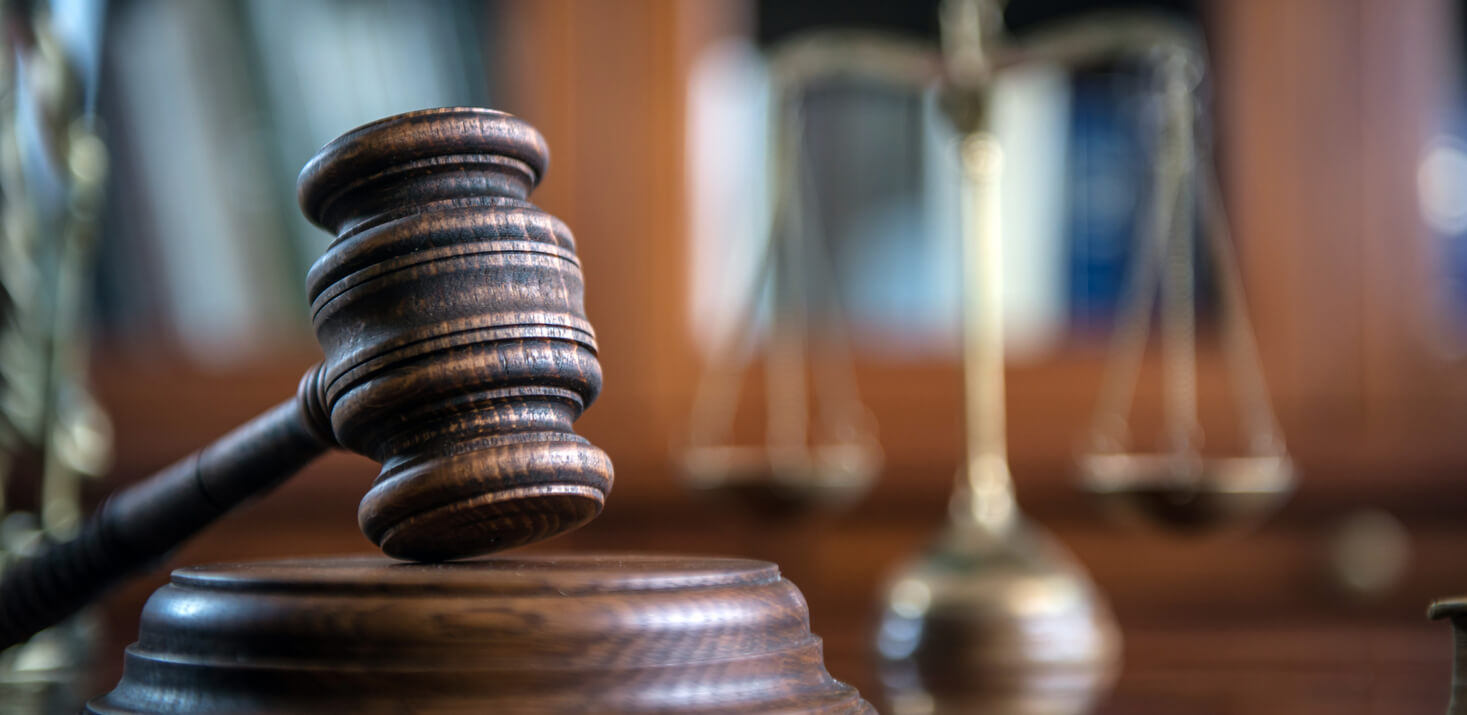Netflix recently streamed “The Trial of the Chicago 7,” a dramatization of the story of seven antiwar activists who were allegedly behind the riots that took place at the 1968 Democratic National Convention. The Aaron Sorkin film has all the elements of a compelling legal drama: politics, violence, and the civil unrest of the late 1960s. It gives us a revealing look at how Chicago courts handled the case, and what civil rights advocates can be up against in our legal system.
Everyone who was alive in 1968 remembers the decade, and particularly the year, as tumultuous. The protests against the Vietnam War that happened at that year’s Democratic National Convention were emblematic of that turmoil. The convention took place not long after the assassinations of Martin Luther King, Jr. and Robert F. Kennedy. Meanwhile, the Vietnam War was getting worse, and President Lyndon Johnson announced he would not seek re-election.
The Democratic Party was deeply divided over the war. That set the stage perfectly for the thousands of antiwar protesters that descended upon Chicago for the five-day convention. As another illustration of the deep internal strife within the party, Chicago’s Democratic Mayor Richard Daley struck back against the antiwar activists. Thousands of police officers, National Guardsmen, and even soldiers met the activists with force. Predictably, riots erupted.
Eight activists were originally charged with inciting the riots, including Bobby Seale of the Black Panther Party. Seale disrupted proceedings almost immediately and was bound to his chair and gagged in the courtroom. He was later set apart for a separate trial, leaving seven from the original case: Tom Hayden and Rennie Davis with the Students for a Democratic Society (SDS); Abbie Hoffman and Jerry Rubin of the Youth International Party; David Dellinger of the National Mobilization to End the Vietnam War; and Professors Lee Weiner and John Froines.
Seale’s dramatic exit from the case was a prelude to what was to come. There were almost daily demonstrations by antiwar activists inside and outside the courtroom. One of the rallies turned violent as protesters broke windows, fought the police, and ran wild in the streets. Meanwhile, proceedings were repeatedly disrupted and the defendants purposely antagonized Judge Hoffman.
The trial lasted for over four months, with a jury ultimately deciding that five defendants had incited riots but had not conspired to do so. Two defendants were acquitted. However, Judge Hoffman sentenced all seven defendants – and their attorneys – to jail for more than 170 charges of contempt of court.
In 1972, the U.S. Court of Appeals reversed the convictions. The Court criticized Judge Hoffman in particular for his demeanor and hostile attitude toward the defendants, as well as substantial errors in how he handled the case. For example, the judge improperly excluded evidence and testimony and did not disclose to defense counsel his communications with the jury.
Why is the Trial of the Chicago 7 being brought up today?
The Trial of the Chicago 7 still resonates today, considering the deep political divisions that exist in our country. Sorkin’s film can be seen as an indictment of judges who abuse their powers and fail to preside over cases with the dispassion and fairness that equal justice under the law requires. Thankfully, however, Judge Hoffman is an exception and not the rule for most Chicago judges.
The best lesson that can be drawn from the trial is how important it is for civil rights attorneys to demand due process from the legal system. The real flaw of the Trial of the Chicago 7 was Judge Hoffman’s abject refusal to conduct himself professionally. His attitude not only prejudiced the jury but made it virtually impossible for justice to be carried out.
At Hale & Monico, we approach every case with this lesson in mind. We recognize that the fight for civil rights is ongoing, and requires vigilance throughout our legal system. That’s why we stand up for our clients and don’t back down. If you’ve had your rights violated, let us advocate for you. Give us a call today to learn more.

